Hezbollah no match for Israel, says former Australian Ambassador to the Middle East
A former Australian Ambassador to the Middle East has weighed in on the escalating violence in Lebanon, and the projections are precarious for the Iran-backed Hezbollah.
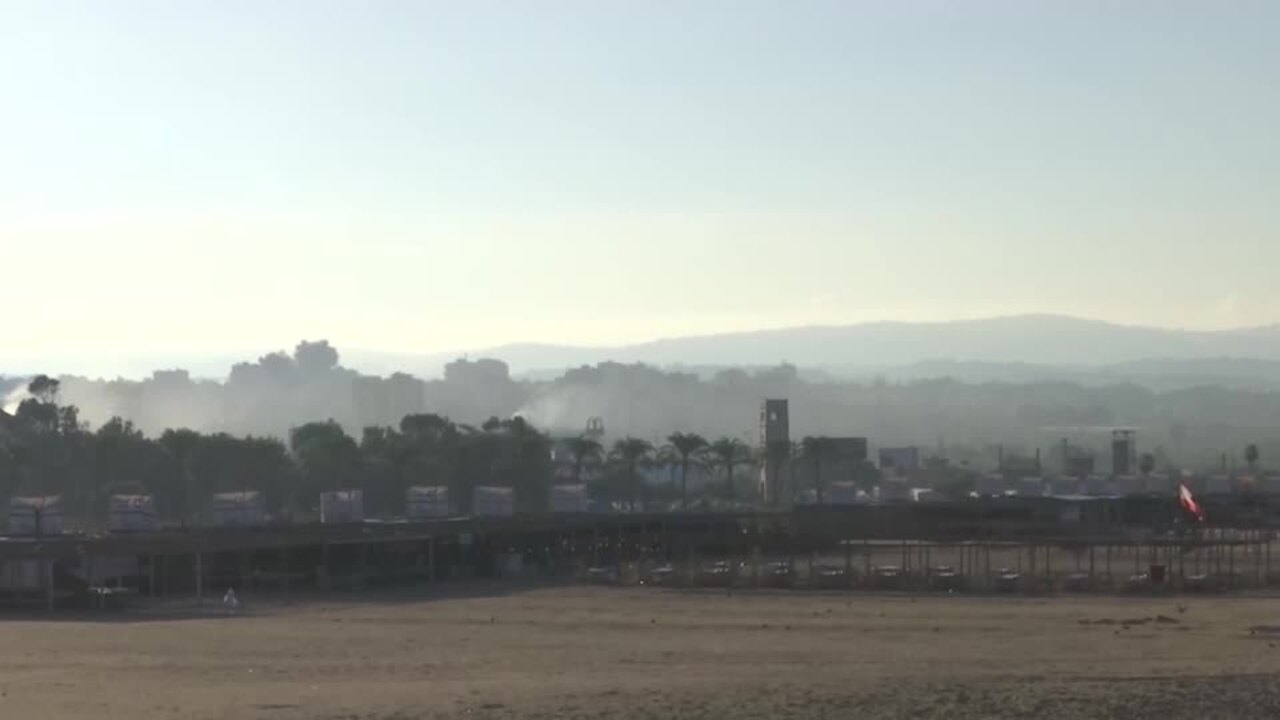
If the prospective US-brokered 21-day ceasefire in Lebanon does not take effect, the situation between Israel and Hezbollah is open to a range of precarious possibilities.
So long as the present conflict remains mostly an aerial campaign, Hezbollah cannot match Israel militarily.
A direct attack on Israeli population centres on a major scale would almost guarantee the unleashing of aerial destruction upon Lebanon, with US support.
That would serve no strategic purpose for Hezbollah, or for its Iranian backers.
Israel’s adversaries, however, will not lose the will to fight.
Iranian support, ruthless discipline and Syrian strategic depth make the destruction of Hezbollah unachievable.
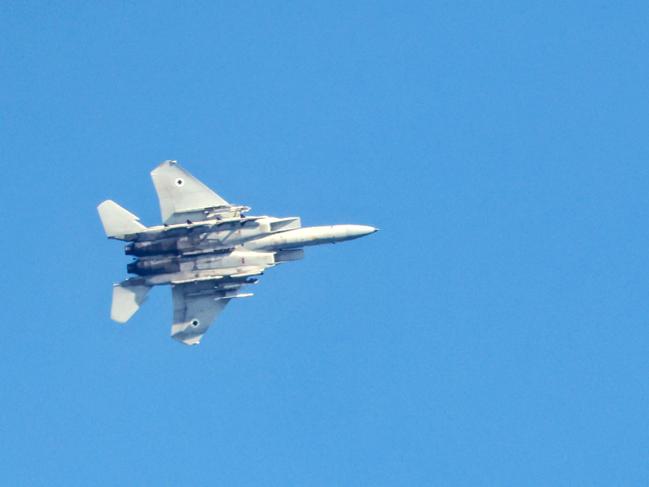
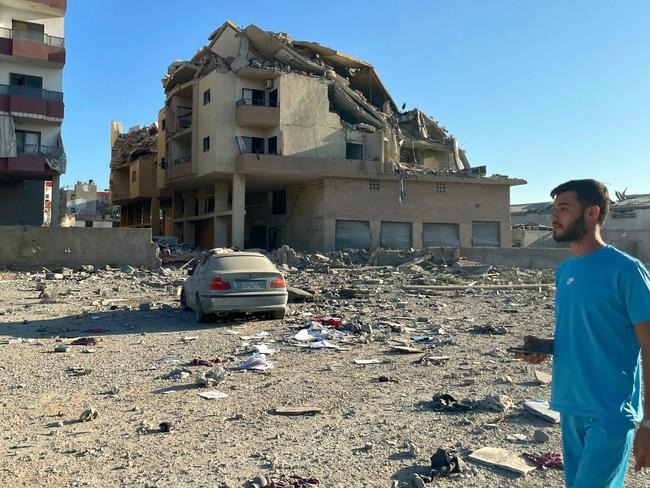
There will be no ceasefire in Gaza, where Hamas will remain the primary actor on the Palestinian side.
It is being degraded militarily but will be far more potent, especially under Israeli occupation, than any conceivable Palestinian alternative.
There is also very little likelihood that the conflict with Hezbollah can be separated from the conflict in Gaza.
So long as Israel refuses a ceasefire deal for Gaza, and Hamas continues armed resistance to the occupation, Hezbollah will continue seeking, at a minimum, to deny the return of Israelis to its northern areas.
Against that background, both Israel and Iran face difficult choices.
For Israel, from a military perspective, the case against enlarging the conflict with Hezbollah through a ground offensive remains compelling.
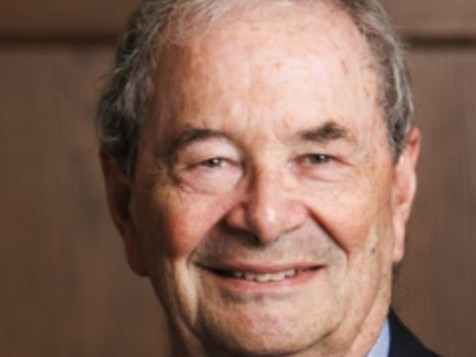
Concerns include the limited potential for such a campaign to achieve enduring strategic benefit; the risks of significant Israeli losses in assaulting well-prepared defensive positions, and its unpredictable consequences for Israeli civilians.
If such logic prevails, signalling preparedness to conduct a ground offensive might remain little more than an Israeli negotiating stance at this stage.
But the logic of politics and visceral Israeli concerns may trump the logic of strategy and diplomacy, especially since Israel, deeply affected by the atrocity of October 7, now lists securing the return to their homes of displaced Israeli citizens as its strategic objective.
For many Israelis, an absence of peace is something with which Israel can live, even as it struggles to identify or articulate solutions to its security dilemmas.
For Iran, the demonstrated limitations to, and apparent ongoing degradation of, Hezbollah’s much vaunted military capability through Israel’s air campaign call into question not only the stated rationale for Hezbollah’s existence — primarily the defence of the Shia communities against Israel — but also its strategic utility to Iran as a counterweight to potential Israeli pressures.
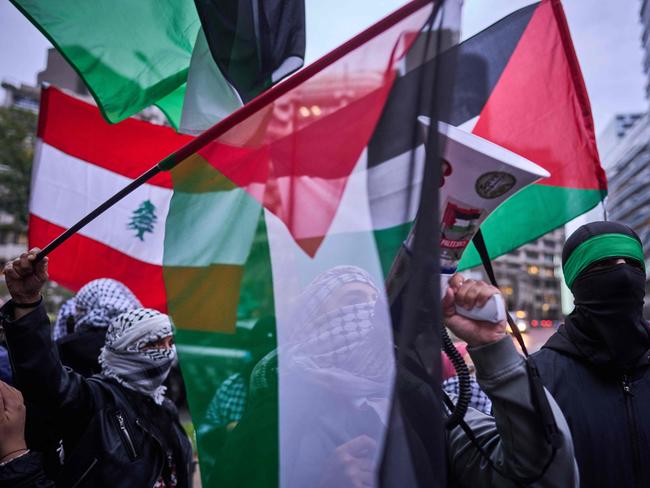
Recognising the likelihood that, in the absence of credible retaliatory measures, Israel will continue to strike targets of opportunity among Hezbollah, the Iranian Revolutionary Guards, and Hamas; and perhaps also a concern that Israeli military success may cause an enlargement of Israel’s strategic ambitions, the Iranians may yet decide to provide material support to their partner.
That would come despite the risks of such escalation quickly impacting upon Iran itself.
A decision to that effect would be contrary to the logic of diplomacy — including the potential for re-engaging with Washington if Kamala Harris wins in November.
It would probably rule out relief from US-imposed economic sanctions through a return to something akin to the nuclear deal previously reached with the Obama Administration that was foolishly and petulantly abandoned by Donald Trump.
Engaging directly in the conflict, and deploying units drawn from Iranian-backed militias from Iraq and Yemen who insist they are spoiling for an opportunity to fight might not make much military sense either.
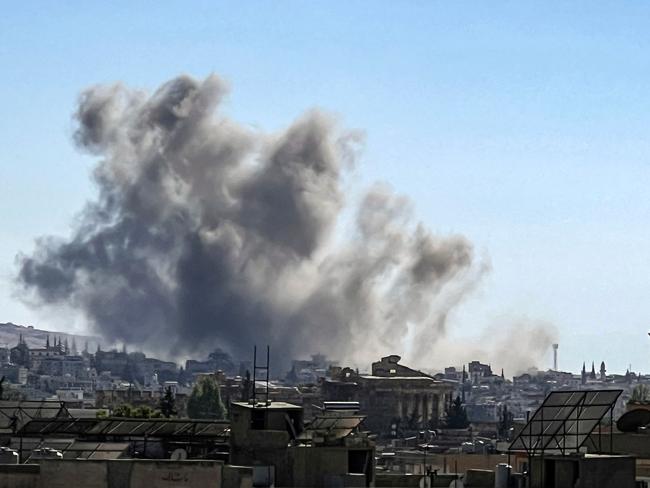
US forces in the region are well-defended.
Hezbollah’s command and control systems are likely under enormous pressure already, without adding to its burdens.
But if the Israeli search for escalatory dominance continues, and especially if an Israeli ground campaign is ultimately launched, and appears to be heading towards achieving a major military success, it may be an argument that garners decisive political support within the infinitely complex and utterly opaque Iranian system.
Bob Bowker is an Honorary Professorial Fellow at the ANU Centre for Arab and Islamic Studies. He is a former Australian ambassador to Egypt, Jordan and Syria.
More Coverage
Originally published as Hezbollah no match for Israel, says former Australian Ambassador to the Middle East




